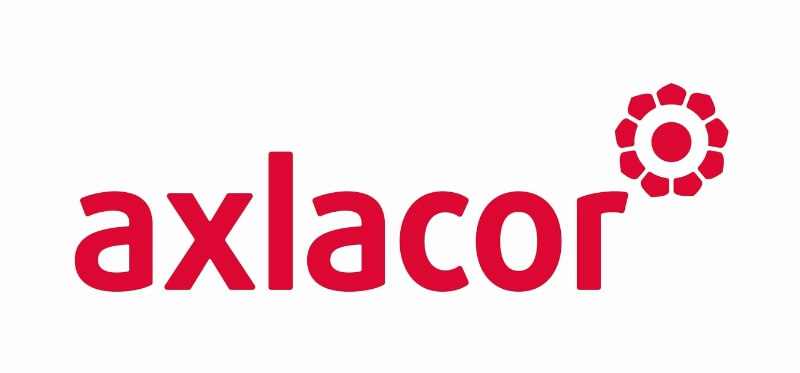
Axlacor Ltd., a firm based in London that builds compliance and analytics tools for the banking industry, has released NEON, a blockchain-powered system that promises to be more efficient and cost-effective, which could potentially save banks “hundreds of millions of dollars.”

Announced on Tuesday, Axlacor‘s NEON is an all-in-one system designed to replace existing legacy IT systems used by banks including their internal booking, regulatory and compliance systems.
Among NEON’s features, the system utilizes distributed ledger technology to store, process and run analytics on multiple types of specialist data within a bank and has multiple levels of banking grade security built in.
The system is capable of processing “millions of transactions and trades every second” while at the same time allowing compliance departments and regulators to access securely instant analytics.
NEON can be fully integrated into other existing IT operations and is “cross asset,” meaning that it can be used for equities, Forex, commodities or fixed income.
Michael Kunstel, the founder and CEO of Axlacor, said that NEON is especially designed to detect rogue traders and ensure that these activities are “flagged up extremely quickly – both internally and externally.”
Prior to Axlacor, Kunstel, a 14-year veteran of the investment banking IT industry, worked for major international banks including Citigroup and Switzerland’s UBS.
In addition to NEON, Axlacor has also developed Iceberg, a business facing product built upon NEON that contains the same functionality of the Bloomberg terminal “but at a substantially lower price.”
Among the many benefits of using blockchain technology, it is often cited that distributed ledgers have the potential to allow banks to save a significant amount of money on infrastructural costs. According to Santander InnoVentures, financial institutions could save up to US$20 billion per year.
Santander InnoVentures, a strategic US$100 million venture capital fund, was launched last July to help the Spanish bank take advantage of the wave of innovative fintech startups.
So far, the fund has invested into 5 companies – among which Ripple Labs -, and has seen no less than 820 startup pitches, Mariano Belinky, managing partner of Santander InnoVentures told Business Insider.
Commenting on the growing interest of financial institutions in distributed ledger technology, Belinky said:
“We went from this time last year where people wouldn’t even talk about [the blockchain] and it was bitcoin, to an acceptance by institutions that the underlying technology looks good and is incredibly powerful.
From then on we saw pretty much every bank announcing something around blockchain, some of them investing. R3 came about.”
He further indicated that Ripple Labs will not be his fund’s only investment in the blockchain industry, noting that “it will be a combination of other use cases … that will help us build what we want to build for our clients.”

